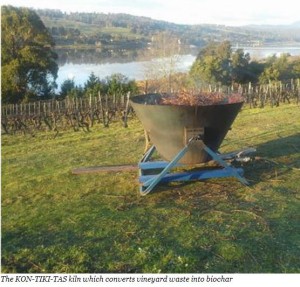Ithaka Institute have been busy. A new biochar journal is in beta test mode this month. Hans-Peter has pulled together a great team of experts from around the world. Check out the list of existing and planned articles. It launches with an article by Kathleen Draper on biochar paper… exciting stuff.
“The first international journal dedicated to biochar is online now! Until 30th September, we are still in test mode and invite you to send us your comments about bugs & errors, and please send also your opinion on how you like it (contact us), and what subjects you would like to be treated (see the upcoming topics). Starting from October, we publish every two weeks one in-depth biochar article. Sign in for the newsletter to be always up to date.
We launch tBJ today with Kathleen Draper’s article on Biochar Paper and the huge potential to use biochar throughout the paper industry. You will further find a selection of the most inspiring biochar articles published until now in the Ithaka Journal, which the Biochar Journal is going to supplant and to expand with a more global focus on biochar developments and opportunities around the world.
The Biochar Journal will provide relevant, cutting edge research and practical guidance showing how the use of biochar and other climate friendly techniques can not only boost economic and environmental resilience but also regenerate local, regional and global ecosystems. Biochar in agriculture, livestock farming, building industry, brownfield and habitat remediation, desert reforestation, disaster management, water treatment, reusable packaging, electronics and much more will be unfolded in the Biochar Journal.”

